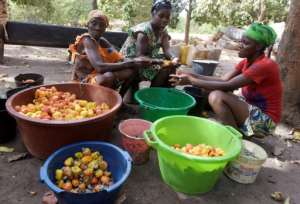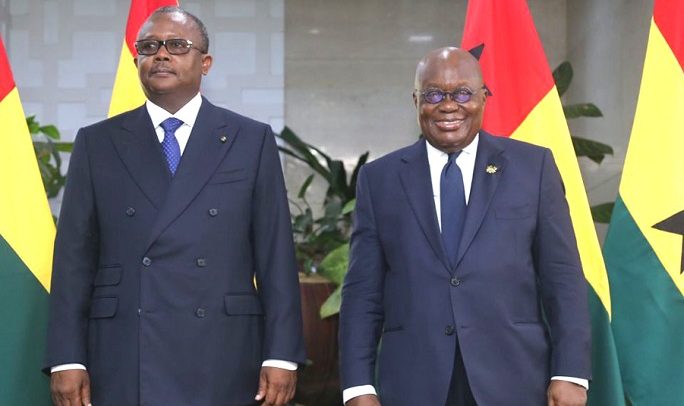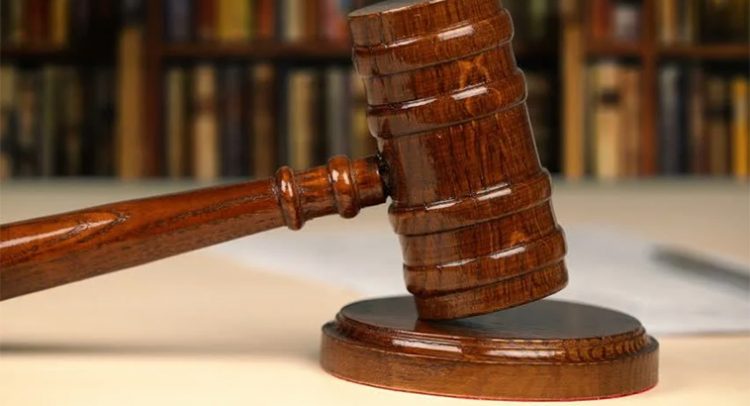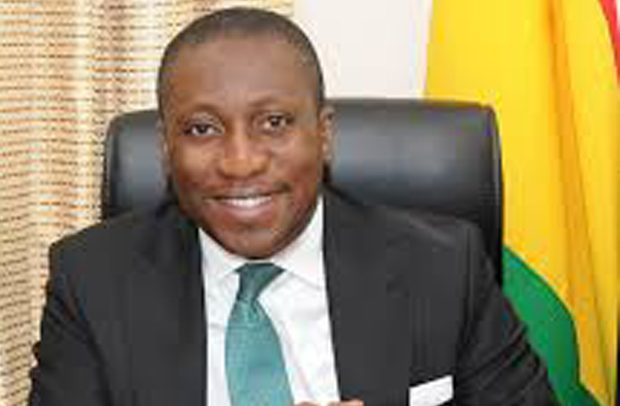
Voters in Guinea-Bissau are to elect a new parliament Sunday in the hopes of ending a three-year-old leadership deadlock in a country that has become more renowned for drug trafficking than its cashew nuts.
The onetime Marxist ruling party PAIGC, which has run the poor West African country of some two million for most of the 45 years since winning independence from Portugal, is fielding candidates along with 20 opposition parties.
Among them are the main opposition Party of Social Renewal and the Movement for Democratic Change (Madem-G15), made up of African Party for the Independence of Guinea and Cape Verde (PAIGC) dissidents.
The latest crisis in the notoriously volatile country arose in August 2015 when President Jose Mario Vaz, elected a year earlier, sacked his prime minister, Domingos Simoes Pereira, after a falling out.
At the time, the parallel economy came to play a preponderant role, fuelled by drug trafficking.
Vaz appointed a series of prime ministers, but none has garnered sufficient support to achieve a parliamentary majority.
Finally in April 2018, the regional Economic Community of West African States (ECOWAS) mediated an agreement leading to the designation of a consensus prime minister, Aristide Gomes, and the resumption of work by the 102-seat parliament.
Gomes was given the caretaker task of preparing for parliamentary polls, in which 36 percent of candidates must be women for the first time.
Initially set for November 18, they were postponed to March 10 mainly for technical reasons.
UN chief pessimistic
The party that wins on Sunday should appoint the future prime minister, who could once again be Vaz's rival Simoes Pereira.
UN Secretary-General Antonio Guterres sounded a note of pessimism last month when he said: "Nothing suggests that these elections will make it possible to resolve the problems undermining the country."
He said a solution could lie in a constitutional review to "clarify the division of labour" between the president and prime minister.
 Cashew nuts are Guinea-Bissau's main export. By SEYLLOU (AFP/File)
Cashew nuts are Guinea-Bissau's main export. By SEYLLOU (AFP/File) On a positive note, Guterres also said that "the armed forces have remained neutral and have not interfered with the constitutional order" -- in a country that has seen 16 coup attempts since independence of which four were successful.
International sanctions remain in place since 2012, after the last violent power seizure.
Guinea-Bissau's porous coastline and chronic instability have made it a target for Latin American drug lords trafficking cocaine to Europe implicating senior government and military officials.
Cashews, the country's main export, accounted for nearly half of the national budget in 2017, when the economy grew by 2017. But growth slowed to around 3.8 percent in 2018 after a drop in cashew production caused by bad weather.
The opposition has contested the accuracy of the electoral roll for Sunday's polls, which will be closely watched by international observers.
Campaigning ends on Friday and the electorate of some 760,000 people are called to vote between 7 am (0700 GMT) and 7 pm on Sunday. First results are expected 48 hours later.
Another election is on the horizon, as Vaz's five-year term ends on June 23.
Read Full Story




















Facebook
Twitter
Pinterest
Instagram
Google+
YouTube
LinkedIn
RSS